The core of single-mode fiber optic cable typically measures about 8 to 10 micrometers in diameter, whereas the core of multi-mode fiber optic cable measures about 50 micrometers in diameter. Single-mode fiber optic cable typically allows for a higher bandwidth than single-mode fiber optic cable. However, multi-mode fiber optic is better suited.. Distance. Generally, singlemode cables should be used over long distances (greater than 500 m), whereas multimode cables should be used over short distances (less than 500 m). Reason being - the larger core diameter in multimode fiber cables allows for a greater number of signals/ rays of light to travel through at a time.

Single mode Vs Multi mode Fiber Cable Network Engineer Must Know this YouTube

Single mode vs. Multimode fiber optic cables PeakOptical A/S

Singlemode Fiber and Multimode Fiber Optic Cable Differences ICC
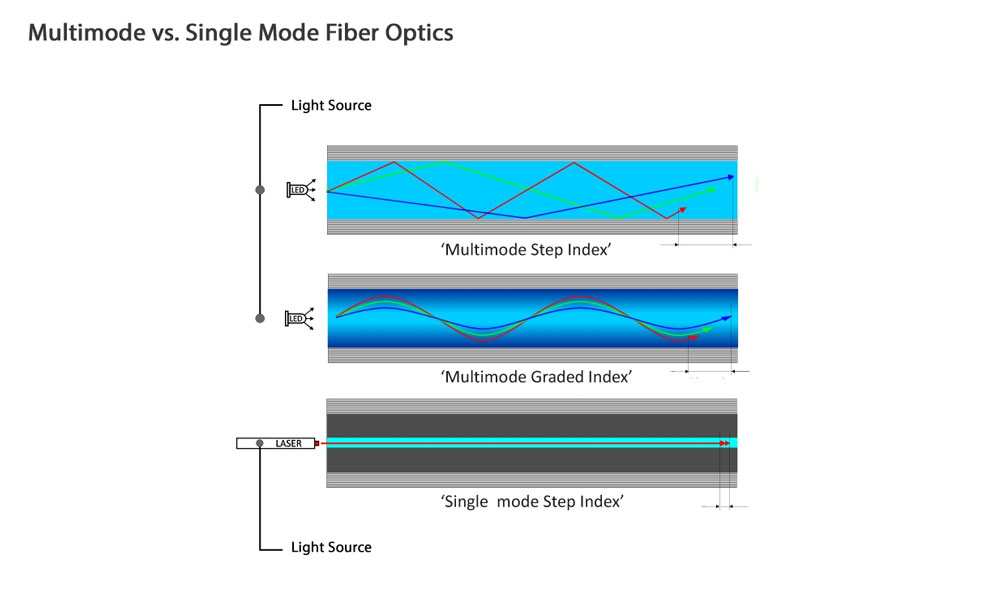
Fiber Optic Cable Fundamentals and Testing Explained Articles TestGuy Electrical Testing Network

SingleMode vs. Multimode Fiber Optic Cable What’s the Difference? Fiber optic cable, Fiber

Comparing Cables to Cables MultiMode VS SingleMode Fiber Optic Wire Harness & Cable
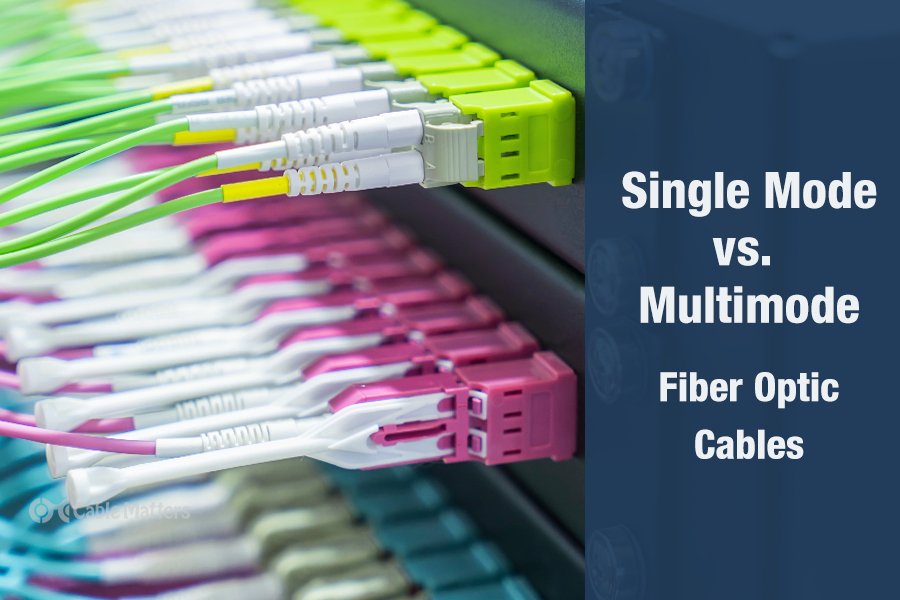
Single Mode vs. Multimode Fiber Optic Cables

Fiber Optic Cable Singlemode vs Multimode SDVoE
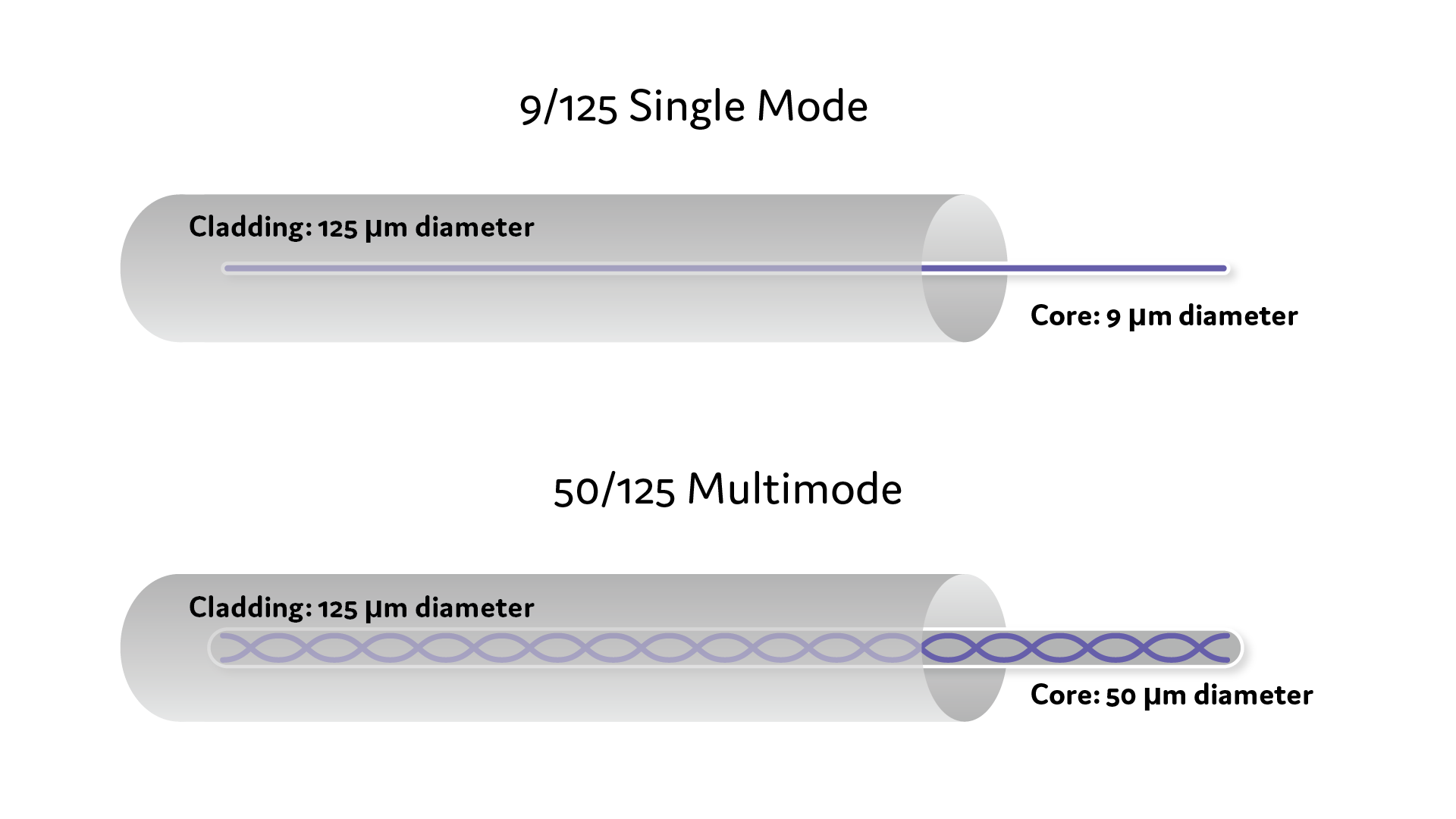
Fiber Optic Cable Types Single Mode vs. Multimode Fiber Cable Prolabs
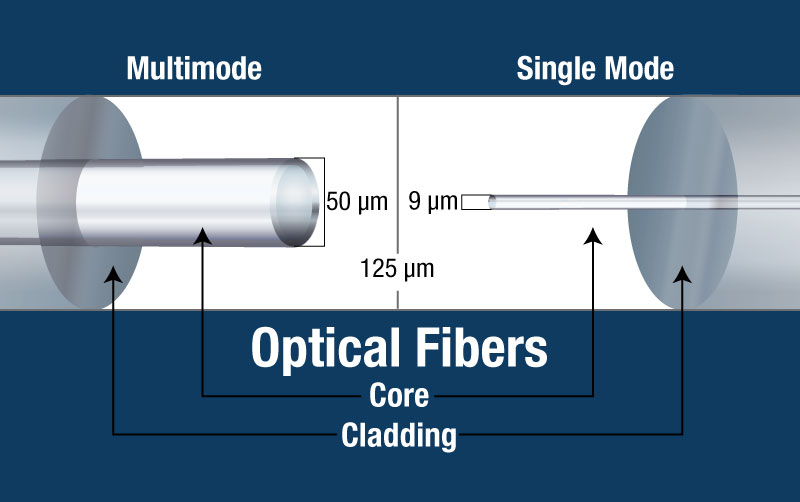
Comparison of Single Mode and Multi Mode Optical Cables Huawei Enterprise Support Community
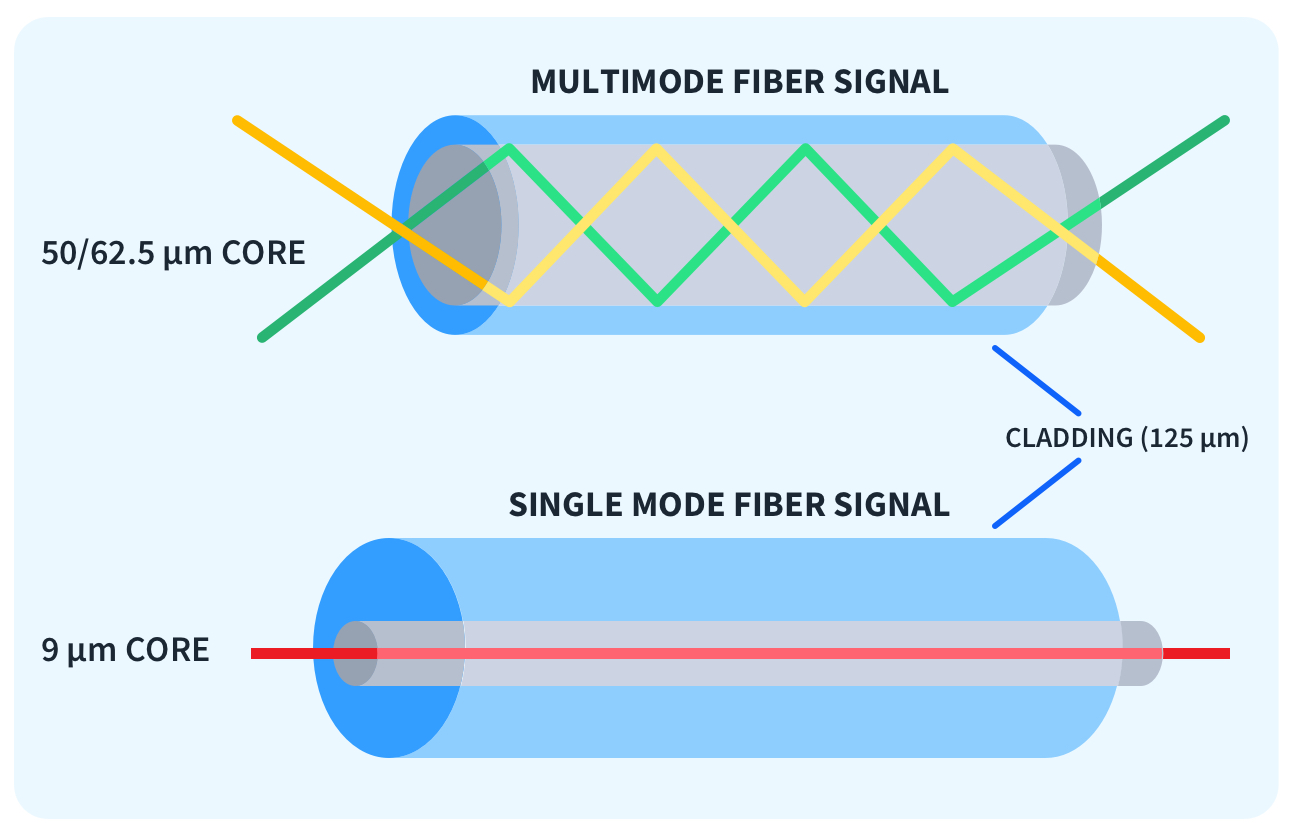
Single Mode vs Multimode Fiber What are the Differences?
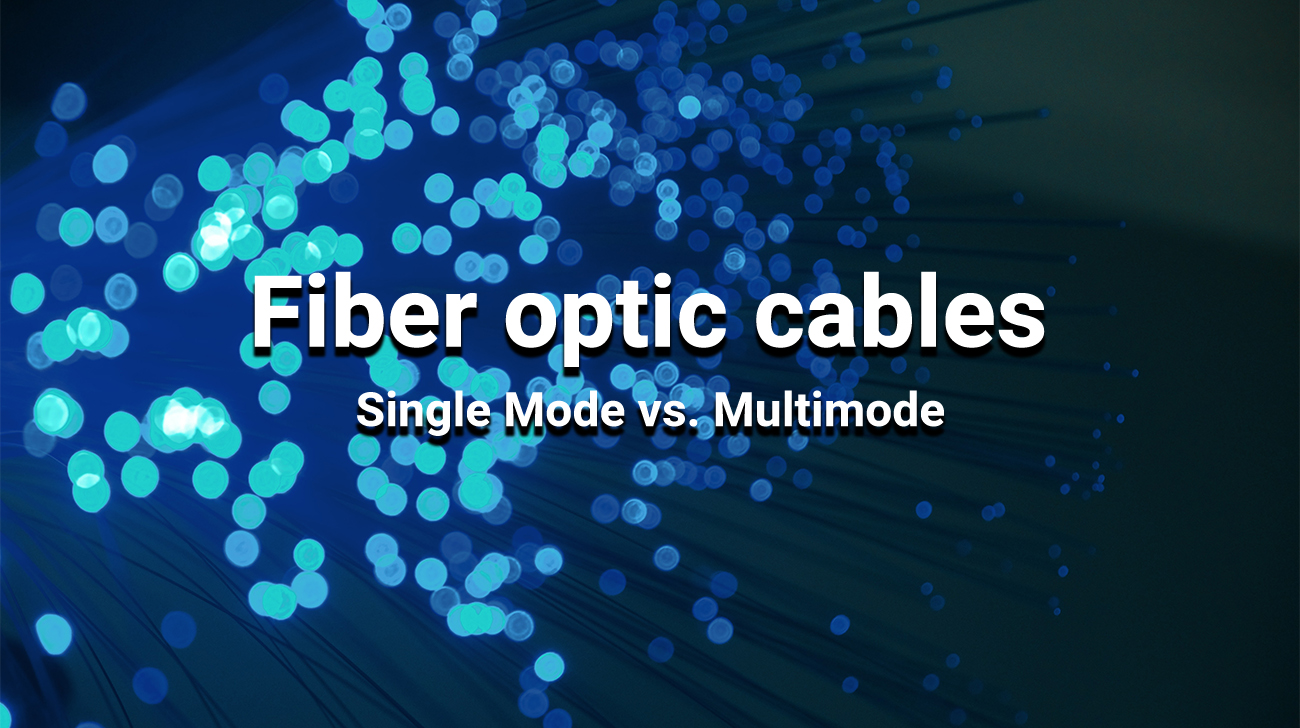
Single Mode vs Multimode Fiber What’s the difference?

Difference:Singlemode and Multimode Fiber Optic Cables YouTube

What is the Difference Between Singlemode and Multimode Fiber Optic Cables? YouTube
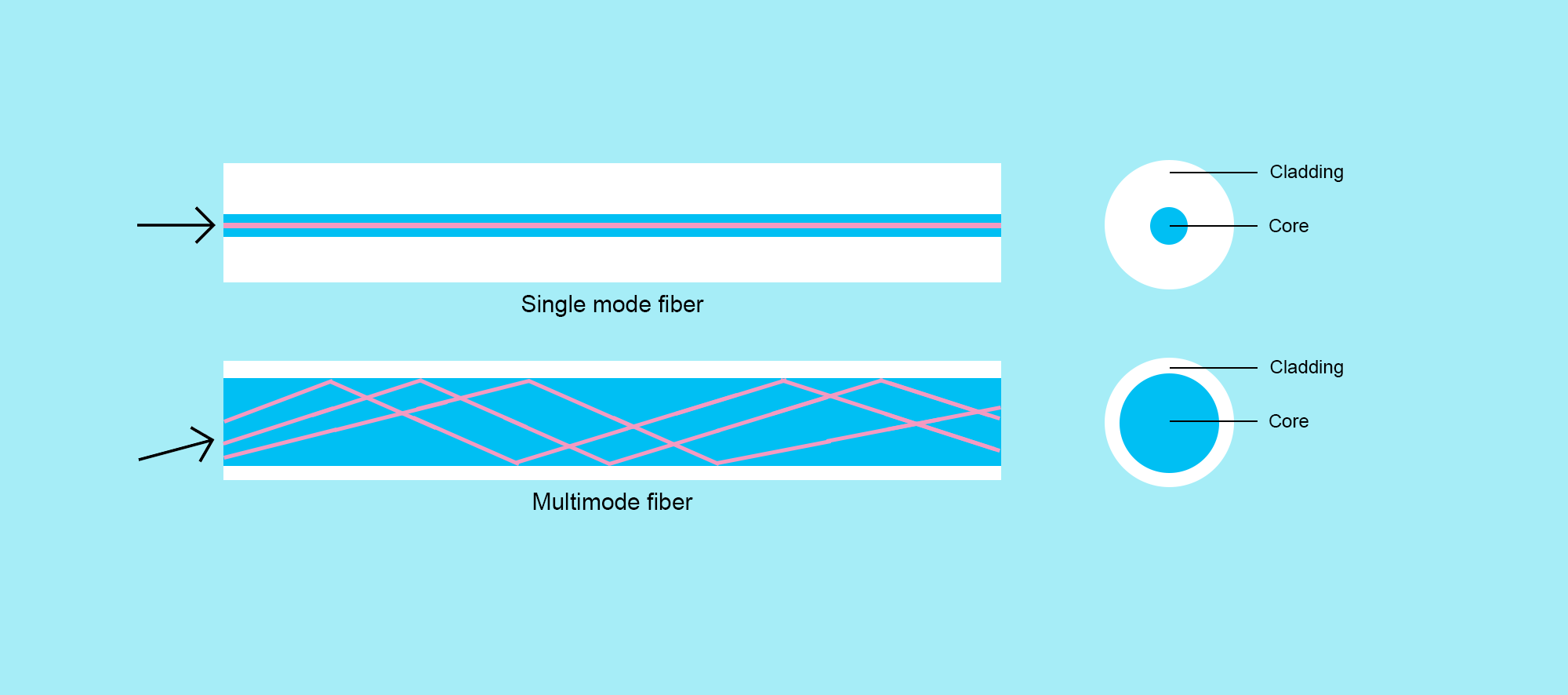
When to convert from Multimode to Single Mode? PeakOptical A/S

Singlemode Fiber and Multimode Fiber Optic Cable Differences ICC
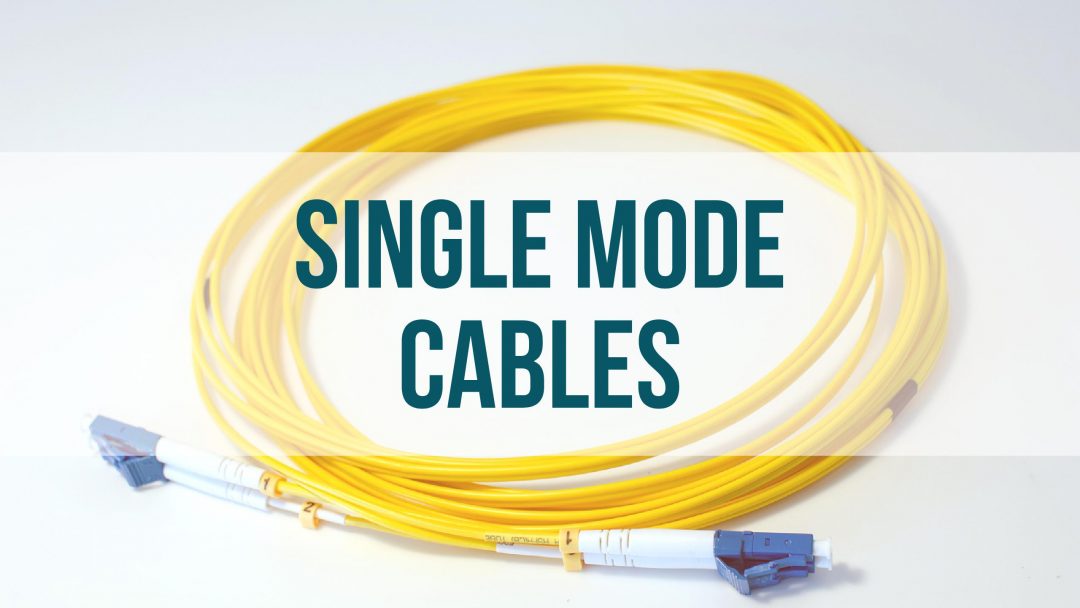
Single mode vs. Multimode fiber optic cables PeakOptical A/S
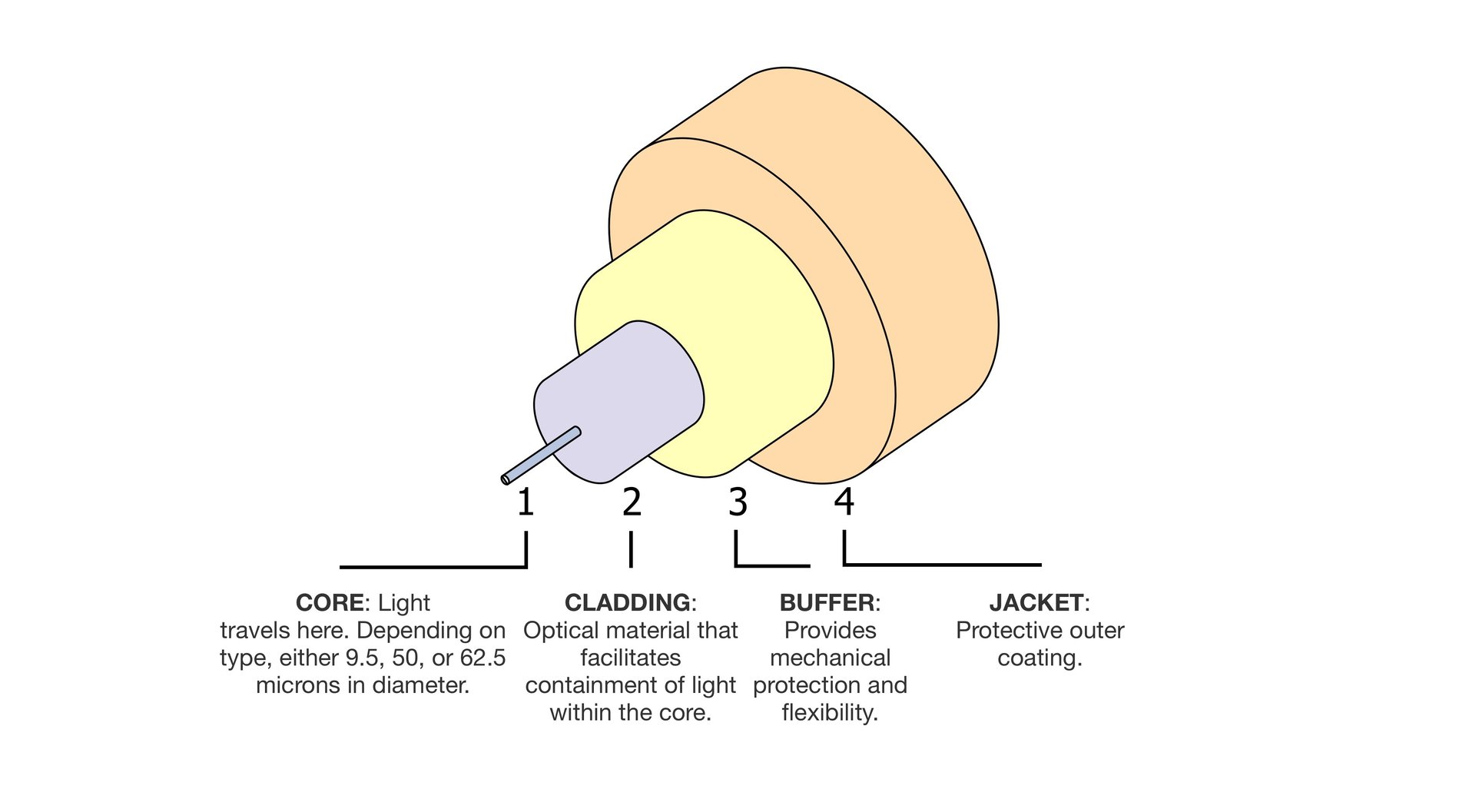
MultiMode vs. SingleMode FiberOptic Cable Debates and Differences
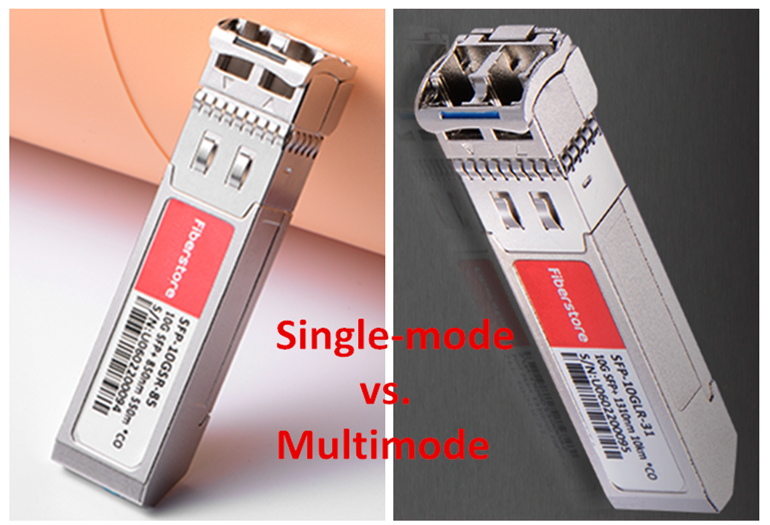
Fiber Optic Communication Differences Between Singlemode & Multimode Fiber Optic Transceivers

Difference Between Singlemode and Multimode Fiber Optic Cables? YouTube
Multimode vs. Single-Mode Fiber Bandwidth. Single-mode fiber has a significantly higher bandwidth than multimode fiber. You can use a pair of single-mode fiber strands full-duplex for up to twice the throughput of multimode fiber cable. Single-mode cable's lengths and speeds are attainable because sending light in a single-mode nullifies.. The core diameter fundamentally distinguishes Single-Mode Fiber (SMF) from Multimode Fiber (MMF), impacting their performance. SMF, with a core diameter of about 8.3 to 10 microns, enables precise light transmission in a single mode, reducing dispersion and allowing longer transmission distances. This feature positions SMF as the preferred.